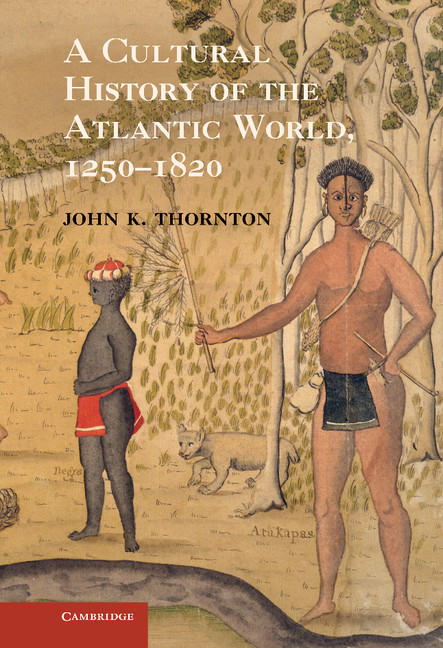Atlantic nations continue to confront the evolving interpretations of their shared past, especially in 2025, as historical narratives become central to public discourse and education. Across borders, schools, museums, and communities are reassessing which stories get told and whose voices have been left out. With global conversations shifting toward inclusivity and historical accuracy, many institutions have responded by reexamining long-held perspectives. This shift not only changes what is remembered but also how people connect with national identity and global history. As a result, revisiting these narratives in the current era offers an opportunity to bridge generational understanding and cultural awareness across regions.
Atlantic Nations Push for Educational Reform Rooted in Historical Accuracy
Educational systems throughout coastal regions have begun to overhaul how history is taught. In some countries, outdated colonial-era material remains in textbooks, limiting how students understand their nation’s foundation. In response, educators and policymakers are working to expand historical coverage to include local resistance movements, indigenous perspectives, and cultural resilience. New curriculum guidelines emphasize critical thinking, primary source analysis, and regional diversity. This approach is gaining support from educators who believe history must reflect the complexity of lived experience. Consequently, new generations are developing a deeper, more honest engagement with their cultural heritage. The reform process is far from uniform, but the momentum is growing across borders, making history classrooms central to national identity debates.
Reclaiming Voices: Shifting Focus Toward Marginalized Histories
In recent years, there has been growing attention to the historical narratives that were once ignored or deliberately silenced. For instance, community groups, artists, and scholars have worked together to preserve oral histories, restore forgotten landmarks, and commemorate lesser-known figures. These initiatives aim to challenge official records and foster a more inclusive memory. Moreover, digital archives and public history projects have empowered communities to take ownership of their stories. This movement not only enriches the national story but also encourages reconciliation where historical wounds still linger. Moving forward, continuing to support grassroots documentation efforts may prove vital for healing and understanding in multicultural societies.
